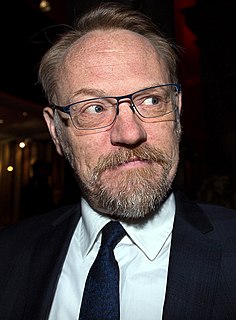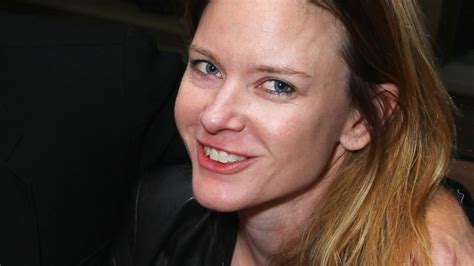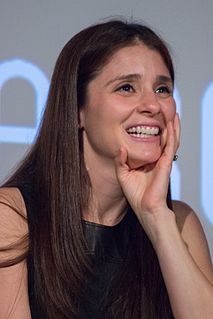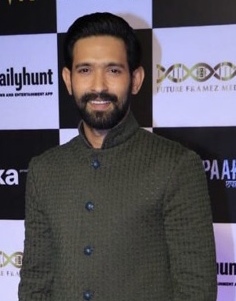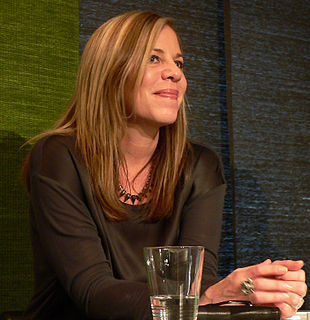A Quote by Kenneth Branagh
Related Quotes
But what I would like to say is that the spiritual life is a life in which you gradually learn to listen to a voice that says something else, that says, "You are the beloved and on you my favour rests."... I want you to hear that voice. It is not a very loud voice because it is an intimate voice. It comes from a very deep place. It is soft and gentle. I want you to gradually hear that voice. We both have to hear that voice and to claim for ourselves that that voice speaks the truth, our truth. It tells us who we are.
As an actor, you don't really have a say or a voice in what the conversation of the show is going to be. So, as an actor, I'm just trying to make sense of why the character is making these choices, and somehow, in that way, you can sympathize or root, at least not detest, what this person is doing. That's, at least, my job in telling that story.



